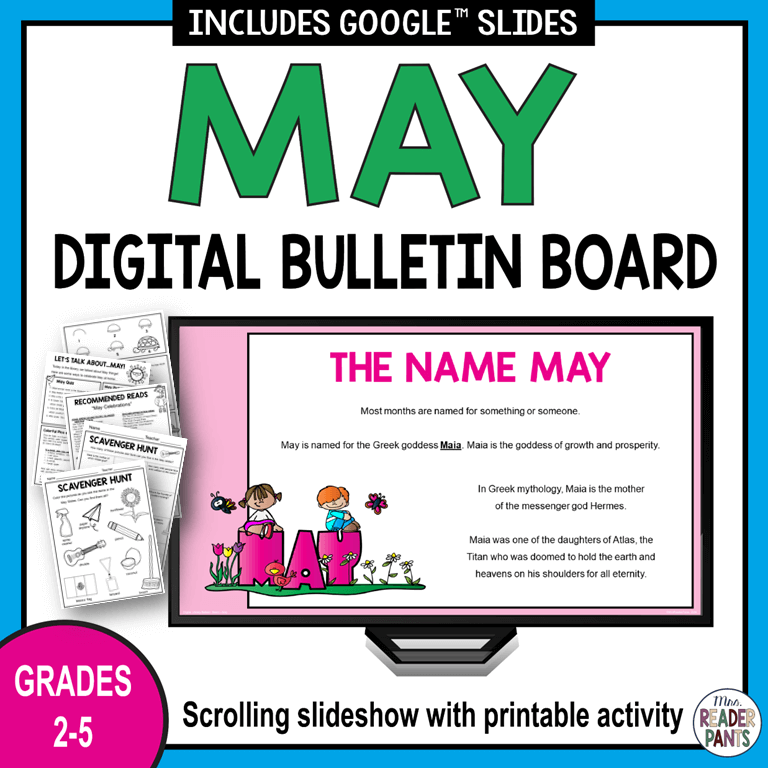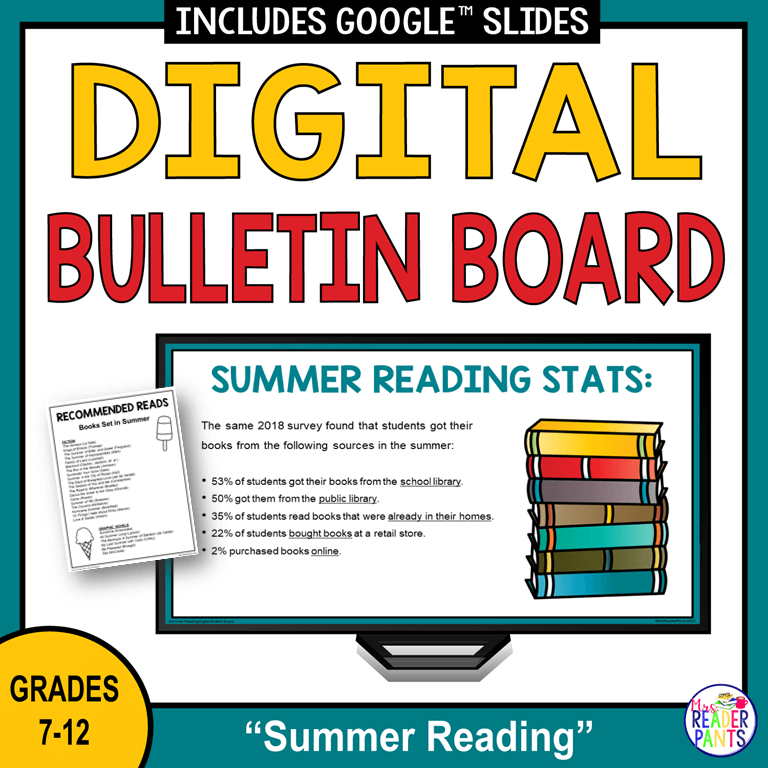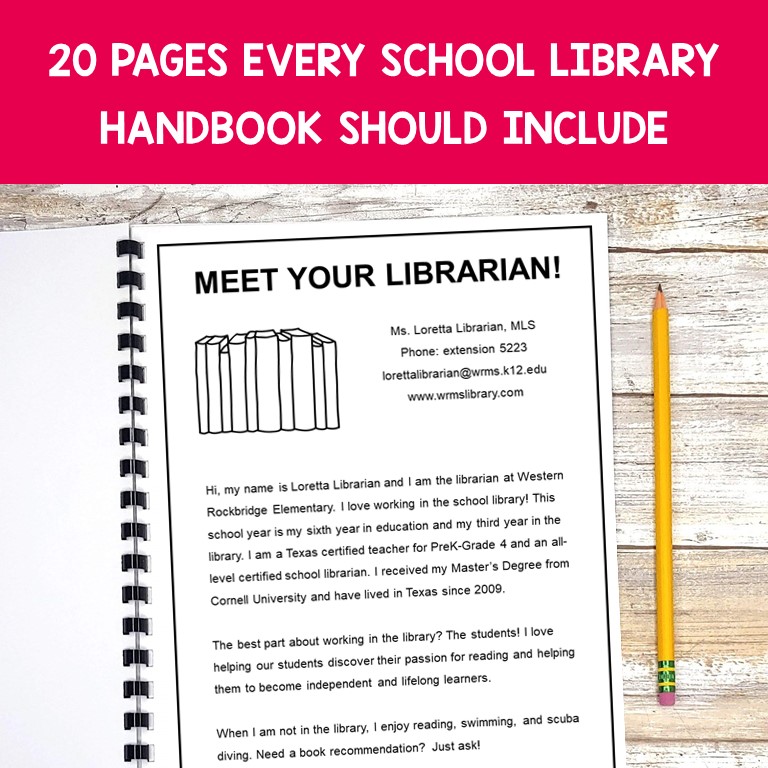Here’s a crazy idea: Library books should be in the hands of students and not collecting dust on the shelves. Here are some tips for relaxing library policies to increase circulation and keep those readers reading!
TIP #1: Make sure items with restricted circulation (such as reference materials) really need to be restricted.
I love my public library. They do serious inter-library loaning for me. The staff is (almost always) friendly, helpful, and smiling. But I had a not-so-great experience recently that could have been so easily avoided.
My 7-year old son loves to read, and he has discovered a new passion for reading dictionaries. He’s been reading my sign language dictionary for months, so we decided to look for other kinds of dictionaries at the public library.
Among our other library “purchases,” he picked out two beautiful children’s dictionaries. When we went to check out, we were told that both dictionaries are “reference materials” and cannot be checked out.
Oookkaaayy…Are there any children’s dictionaries we can check out? Without looking, typing anything in, or stopping to ask someone else, the library clerk said “no, they are all reference.”
Now, I am not going to stand there and argue with this woman with my children standing right there. But seriously, no child in Fort Worth can check out a picture dictionary from the public library?
Do they really have that much of a need for in-library use of picture dictionaries? Of the six or so children’s dictionaries we saw on the shelf, you can’t allow even one of them to circulate?
My point in this story is, if you decide some items cannot circulate, make sure you think about why you are not going to circulate them.
I understand that a few items should be available in the library at all times. I get that really old or rare books may be too fragile to circulate. But just because your ordering specs labeled them “Reference” and you do not check out ANY reference items? That’s really not a great reason to keep materials out of your patron’s hands.
TIP #2: Allow students to check out even if they have a small fine.
Let me start with this: I personally hate charging overdue fines. I do not think they are effective and believe they discourage checkout.
But library fines are policy in my district for middle and high schools, so that is a demon I must live with. I tried to fight it in a previous district with no support from my library colleagues whatsoever, and I am not going to do that again. So I live with overdue fines and deal with them as best I can.
In my school district, the fine limit is officially 50 cents; once a student’s fine exceeds 50 cents, he or she must pay the fine in order to continue checking out.
Are we still flexible on that in certain cases? Absolutely. If the student makes some sort of payment on their fine when they checkout, we will allow them to check out if they exceed 50 cents.
And honestly, in some situations, I override that 50 cent limit and allow checkout anyway. Give that student a book!
TIP #3: If a student damages or loses a book, consider alternate ways to pay.
For example, a student who owes us $15 for a damaged book might make a payment of cents or $1 every time he or she checks out. As long as the student makes that payment, we allow checkout. Much of the time, the student pays for the damaged book long before the payment plan ends anyway.
Another option is to allow the student to “work off” their damaged book in the library. Let students dust shelves or shelve books or clean books with wet wipes. Anything works.
TIP #4: If a student loses or damages a book, give them a reasonable amount of time to checkout without making a payment or paying it off.
I really have no specific time period, but if it goes longer than a few weeks, we will require them either to set up a payment plan or to work off the book fine in some way.
TIP #5: Allow students who ask to have a higher checkout limit.
Most students at my school can check out up to two items at a time. But if they ask, we will allow them to check out up to four books at once. In Destiny, we created a New Patron Type (“Extra Checkout Allowed”) to keep track of students approved for extra checkout. That way, our student aides know at a glance who we have approved for that.
We do not approve students for extra checkout if they have multiple unpaid fines or check out infrequently. When we decline their request, we show the students their history and discuss what we need to see in order to allow them additional checkouts.
We also tell them to work on improving their checkout history and come see us in a few weeks to try again.
TIP #6: Before extended school breaks, allow students who ask to check out more books.
Most students do not ask, but I have a growing number of students who request more books to read over long breaks. I have no limit on the number here because the students who request this tend to be among my best readers.
I’ll even give them mesh bags (save them from library conferences) to carry it all in.
TIP #7: Increase your circulation period.
Last year, we tried changing the circulation period from two weeks to three weeks for most items. The only exceptions to this is books on our Lone Star Plus List, which circulate heavily and tend to have multiple holds. The Lone Star Plus books have a two-week circulation period.
The results of the increased circulation period? We decreased the number of overdue notices we print each week from 90+ pages to 70-ish pages.
On average, overdue fines are lower, which means students can continue to checkout when they incur a fine. Our students have more time to finish their books (not as many bookmarks sticking out when we check them in).
Fewer students need to renew their books, which means fewer students get declined when they can’t renew due to the book being on-hold for someone else.
TIP #8: If your circulation system permits, allow students to manage their library accounts online.
Destiny allows this; my students are able to view their accounts, renew materials, place holds, view fines, and write book reviews (reviews come to me for approval before going online) from their Destiny accounts.
It saves me time doing these things for them, and the renew feature helps students avoid fines as long as their book is not already overdue.
Books that just sit on the shelf collecting dust help no one. Relaxing library policies will help increase your circulation numbers and get books in the hands of patrons who need them.

















